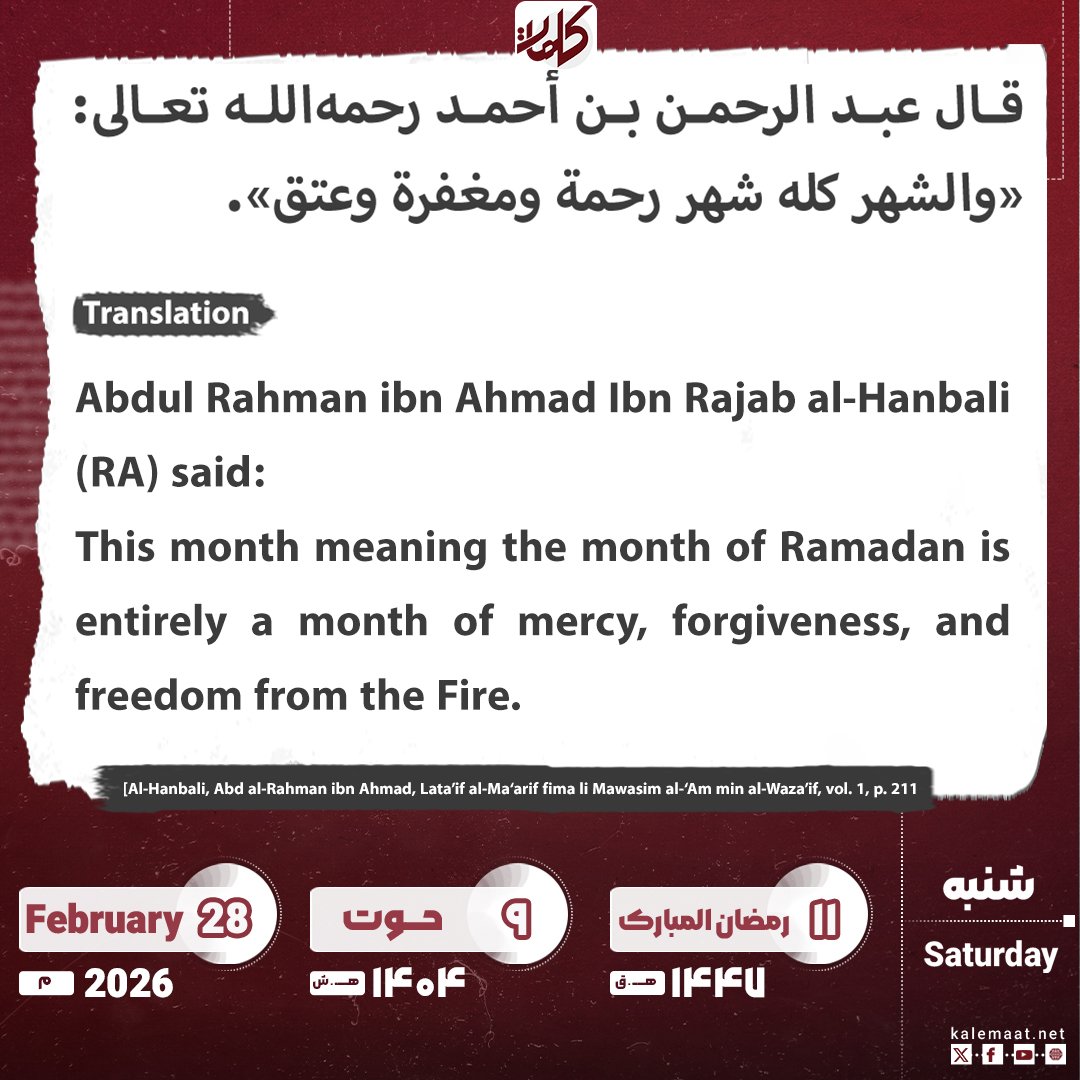Author: Abu Jurair
The Roles of the Prophet Mohammad (PBUH) in the Sphere of Civilization (Part 1)
Abstract
Islamic civilization has attracted the attention of scientists and experts from various disciplines, and numerous diverse books and articles have been written in this field. However, what has been overlooked is the essential and irreplaceable role of the Prophet of Islam, (PBUH), in the foundation and establishment of this great civilization. The sapling of this stout tree was planted by the powerful hands of the Holy Prophet, (PBUH), and its foundations were strengthened through the emigration of that great man and the establishment of the Islamic State in the city of Yathrib.
In this article, the basic elements of civilization are examined from the perspective of scholars, and the role of the beloved Prophet, (PBUH), in fostering security and peace, Islamic solidarity, cooperation, ethics, tolerance, unity, integrity, and relative prosperity—which are effective factors in the birth and promotion of civilizations—is explained.
Introduction
From the perspective of scholars, Islamic civilization has been studied many times from different dimensions. This civilization nurtured one of the largest scientific systems and presented valuable personalities in various scientific fields to the world. The rapid progress and development, greatness, perfection, and breadth of Islamic civilization, as well as the cooperation of diverse classes with different nationalities and races, contribute to its brilliance, which has aroused admiration and compelled many thinkers—especially Western thinkers—to acknowledge it. However, it is important to note that the golden period of Islam, characterized by the intensity and strength of religious and spiritual life, the realization of ideologies, and the crystallization of its values, coincides with the life of the Holy Prophet, (PBUH), and the days of Islamic rule in Medina. Just as a seed is planted and a tree grows from it, nourished by the appropriate land, so too did the tree of Islamic civilization, after being planted, bear fruit through the blessed hand of the Holy Prophet. Its fruits manifested in the fields of culture, art, and religious, intellectual, and literary sciences.
Taking advantage of the revelations and actions of the Holy Prophet, (PBUH), Islamic civilization reached such a degree that “Adam Metz,” a Swiss scientist, referred to the fourth century of Hijri as the age of Islamic rebirth. Similarly, Mrs. Zigrid Hunke considers its developments to be twice as significant as those of Greek civilization. She argues that Muslims influenced the Western world much more directly and multilaterally than the Greeks, and expresses hope that “perhaps, just as in the past when Muslims transformed the face of the earth, our destiny will soon be closely aligned with theirs.”
As stated, Islamic civilization has been addressed from various aspects; however, sadly, less attention has been paid to the role of the Holy Prophet, (PBUH), in the foundation and establishment of this civilization. In this article, we will examine the role of the Holy Prophet, (PBUH), in this context, considering the basic elements and factors that are effective in the creation and promotion of human civilization.



